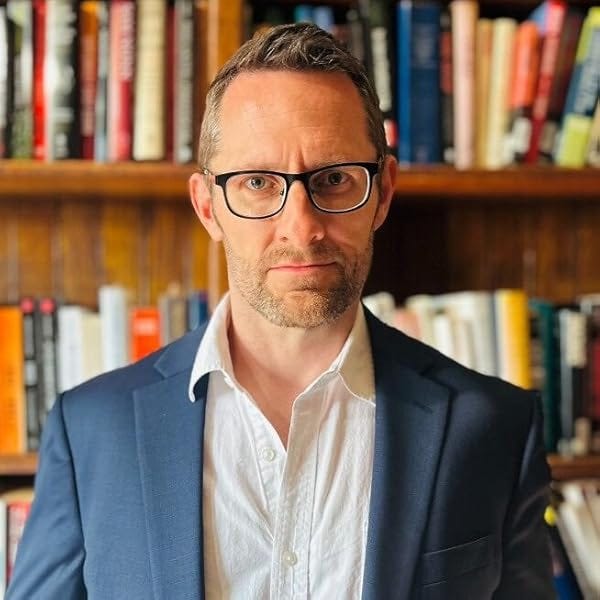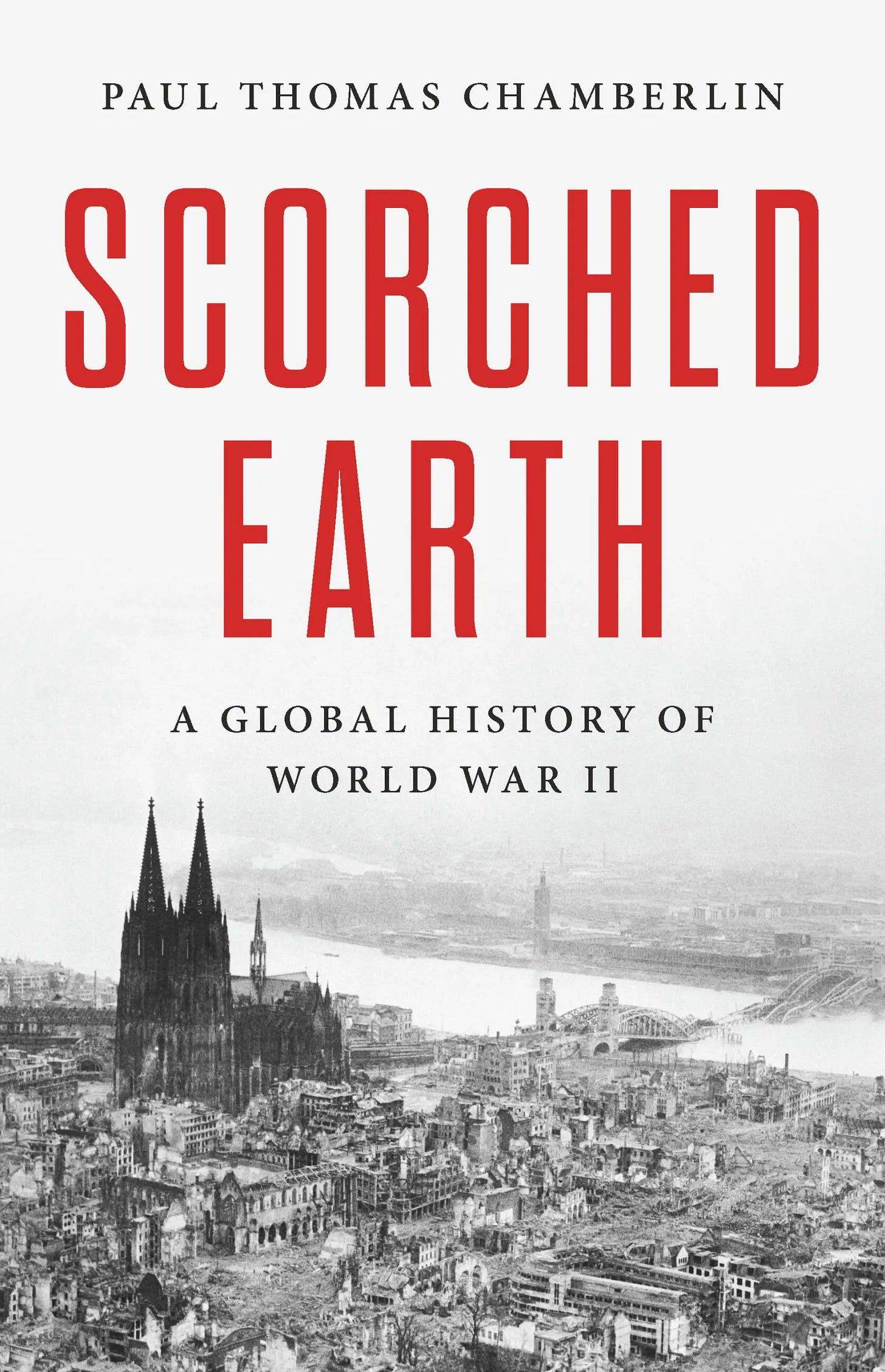On the pod we usually talk about the histories behind a particular film, but rarely do we get to talk about how movies change history themselves. But that’s the case today as we welcome Columbia University professor Paul Thomas Chamberlin to talk about 1998’s Saving Private Ryan.
The film’s gritty realism—most well known for its depictions of the Normandy landings—changed movie making forever. It’s hard to look at war movies now and not see Ryan’s influence. But beyond that lies stories of how Americans remembered the war itself towards the close of the 20th century and how those memories affected American foreign policy in the years after 9/11. Chamberlin explains below:
In today’s podcast we not only talk about constructed narratives around the war through film but also Paul’s new book on the conflict: Scorched Earth: A Global History of World War II.
About our guest:
Paul Chamberlin specializes in twentieth century international history with a focus on U.S. foreign relations and the Middle East. His first book, The Global Offensive: The United States, the Palestine Liberation Organization, and the Making of the Post-Cold War Order (Oxford, 2012), is an international history of the Palestinian liberation struggle. His next book, The Cold War's Killing Fields: Rethinking the Long Peace (HarperCollins, 2018), is a global history of the bloodiest encounters of the Cold War.
Find his book:
This was a terrific conversation with a dude who wrote an absolute banger of a book. I hope you enjoy it.
Jason
And if you want to help support my work, you can do so by becoming a paid subscriber at the button below.



